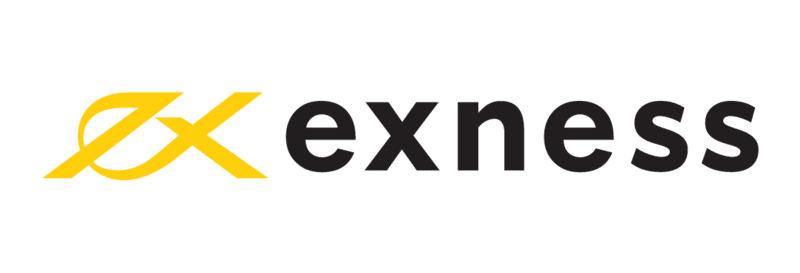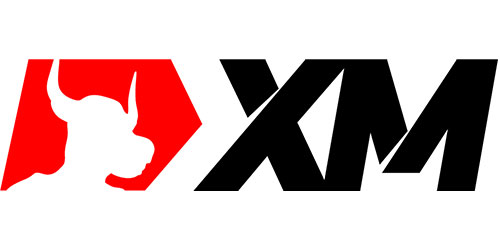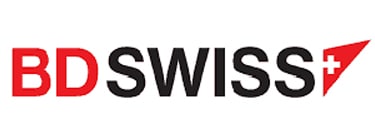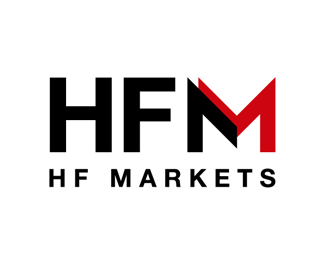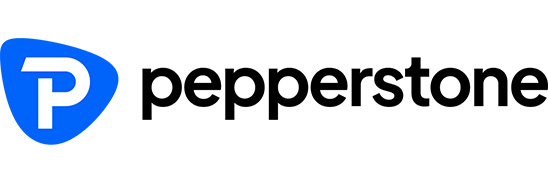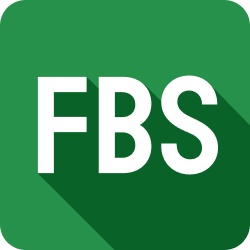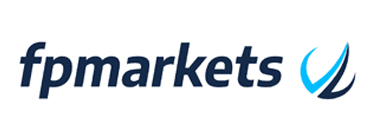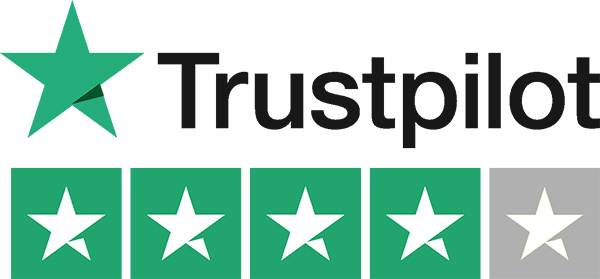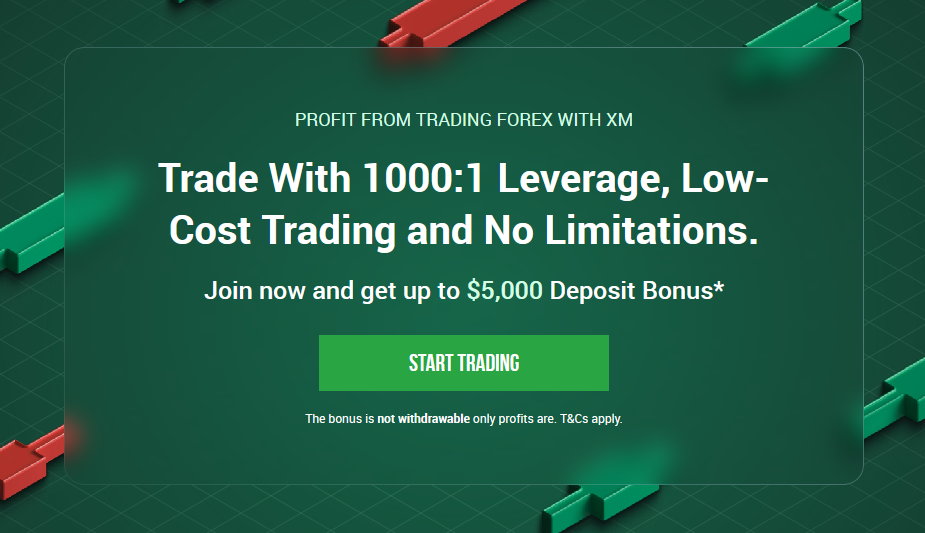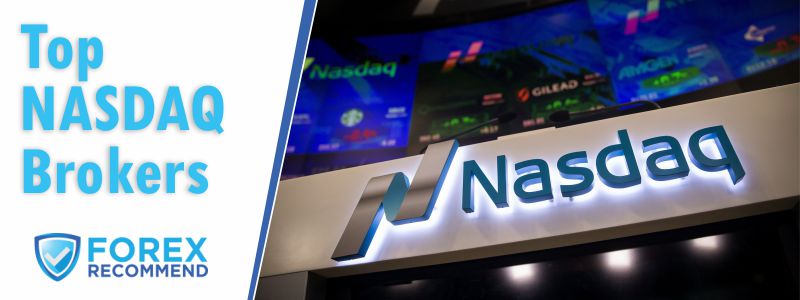
The National Association of Securities Dealers Automated Quotations, more commonly referred to just as Nasdaq, was founded in 1971 and is a worldwide electronic exchange for the purchase and sale of securities.
Nasdaq was initially a subsidiary of the National Association of Securities Dealers (NASD), now commonly known as the Financial Industry Regulatory Authority, or FINRA.
Top 10 Forex Brokers
Broker
Rating
Regulators
Min Deposit
Leverage
Website
Top 10 Forex Brokers
Broker
Rating
Min Deposit
Leverage
In terms of its purpose, Nasdaq was established to provide investors with a computerized, fast, and transparent means of trading securities.
Nasdaq is an index that consists of 3,000 of the foremost technology and biotech giants. In 2006, Nasdaq separated from NASD, and it started its journey as an independent national securities exchange.
In 2007, Nasdaq and the Scandinavian exchange group OMX combined to create the Nasdaq OMG Group, known as the largest exchange group, today, responsible for powering ten of the largest securities transactions in the world.
The quotes that Nasdaq provides are given at three distinct levels, namely:
- Level 1 shows the highest bid and the lowest ask prices in the quote.
- Level 2 indicates public quotes on all market makers. In addition, it also shows the information on market dealers who want to either buy or sell stocks. Lastly, this level shows recently executed orders.
- Market makers use Level 3 of Nasdaq to enter their quotes and execute orders.
Nasdaq consists of three distinct market tiers, namely:
The Capital Exchange (NASDAQ-CM small-cap) is an equity market for firms with a market capitalization of less than $1 billion.
The rules for listing such “small size” corporations are less severe than those for other Nasdaq exchanges, which list companies with a bigger market capitalization.
The Global Market (NASDAQ-GM mid-cap) is a stock market index comprised of Nasdaq Global Market constituents.
The Global Market consists of 1,450 equities that adhere to Nasdaq's stringent financial and liquidity criteria, as well as corporate governance guidelines. Global Select Market is less exclusive than Global Market.
The Global Select Market (NASDAQ-GS big cap) is a capitalization-weighted index composed of domestic and foreign firms that comprise the Global Select Market Composite.
The Global Select Market comprises around 1,200 equities that adhere to Nasdaq's stringent financial and liquidity criteria, as well as corporate governance norms.
Global Select is a more selective market than Global Market. Every October, the Nasdaq Listing Qualifications Department will review the Global Market Composite. The purpose of this review is to assess if any of the stocks on Nasdaq have become eligible for listing on the Global Select Market.
The best forex brokers that offer retail traders and institutional investors access to Nasdaq include:
1. eToro
2. Capital.com
3. IG
4. AvaTrade
5. Libertex
6. Fidelity
7. TD Ameritrade
8. Plus500
9. XM Group
10. CMC Markets
11. Pepperstone
12. City Index
13. Markets.com
14. Spreadex
15. Saxo Markets
1. eToro
eToro is a renowned social trading platform that provides users with a variety of investment options and the ability to replicate other traders.
The eToro multi-asset platform is very straightforward and user-friendly, with a robust set of analytical tools. These tools are suitable for traders of all types, despite their trading experience or trading styles.
| PROS | CONS |
| eToro is a reputable online broker and social trading platform | United States clients are not accepted |
| Offers CopyPortfolios and proprietary CopyTrader technology | There is no live support |
| Offers notifications on volatility and market events | Scalping and hedging are not allowed |
| Islamic accounts and demo accounts offered | There is an activity fee charged on dormant accounts |
| Offers fractional shares | |
| Commission-free trading offered |
2. Capital.com
Capital.com is a well-regulated and extensively audited online broker that has over 360,000 registered customers from all over the globe. Capital.com is owned and run by three companies with offices in London, Gibraltar, Limassol, and Minsk, among other locations.
Capital.com is extremely transparent and honest about its fees, with its leverage-based overnight rates being disclosed in advance. Their award-winning platform allows users to trade CFDs in over 2,000 markets, including indices, commodities, cryptocurrencies, equities, and FX currency pairings.
| PROS | CONS |
| Well-regulated broker and trading platform | United States clients are not accepted |
| The broker offers Investmate | Non-professional traders are limited to 1:30 leverage |
| There is a decent amount of educational material | |
| Over 2,000 financial instruments can be traded | |
| The broker is reputable and transparent about trading costs | |
| The broker offers competitive trading conditions |
3. IG
IG Group has been in operation since 1974, and it is headquartered in the UK. IG Group is globally recognized as one of the major CFD brokers in the world, well-regulated by reputable market regulatory entities. In addition, the IG Group is a publicly-traded company that is traded on the London Stock Exchange.
It is believed to be secure since it is publicly traded on a stock market, it publicly publishes its financial information, and it is regulated by top-tier authorities. In addition, IG also has several risk warnings on complex instruments and offers several risk management tools.
| PROS | CONS |
| IG is a well-established and multi-regulated forex and CFD broker | The trading fees charged are higher than that of competitors |
| IG offers a choice between several trading platforms spread across different devices | |
| The platforms are customizable and offer a range of advanced trading tools and resources | |
| IG offers comprehensive educational material | |
| There are several convenient funding options offered | |
| There is a wide range of markets to choose from and traders also have access to Nasdaq and other stock exchanges |
4. AvaTrade
AvaTrade is an online FX and CFD broker that was established in 2006 and is owned by a private equity firm. An Irish company with its headquarters in Dublin and satellite offices around Europe and the Asia-Pacific region, AvaTrade has been approved by several regulatory authorities throughout the world.
Among the tradable assets available at AvaTrade are foreign exchange, equities, commodities, cryptocurrencies, and indices, all of which are available at industry-standard spreads.
| PROS | CONS |
| AvaTrade is well-regulated in several regions around the world | AvaTrade does not accept traders from the US |
| AvaTrade offers over 1,250 financial instruments that can be traded | Fixed spreads are not the lowest |
| The broker offers innovative third-party and proprietary trading platforms | Variable spreads are not offered |
| Impressive educational offerings on the platform | |
| Negative balance protection is automatically applied to the retail account | |
| AvaTrade supports social trading by providing robust trading platforms and services |
5. Libertex
Established in 1997, Libertex is a Cyprus-based STP forex and CFD online trading broker regulated by the Cyprus Securities and Exchange Commission (CySEC).
Libertex offers variable and fixed spreads, with a maximum leverage of up to 1:600. Commission charges start from $0, and traders can choose between MetaTrader 4 and Libertex's proprietary trading platform.
| PROS | CONS |
| Well-regulated broker | Limited educational material provided |
| Client funds are kept in segregated accounts with top tier commercial banks | A limited selection of retail investor accounts |
| Negative balance protection is applied to retail investor accounts | There are restrictions on leverage for non-professional clients |
| The broker is a member of an Investor Compensation Scheme | |
| There is a powerful proprietary trading platform offered | |
| The broker offers access to Trading Central and a Market sentiment indicator |
6. Fidelity
Headquartered in the United States, with respective regulations through the Securities and Exchange Commission (SEC) and FINRA, Fidelity is a US brokerage and a bank that offers low rates and superior customer service.
Fidelity offers independent professional research resources, powerful trading platforms, and self-directed investment opportunities in addition to managed services.
| PROS | CONS |
| Well-regulated and trusted | Restricted leverage |
| Member of the Federal Deposit Insurance Corporation and the Securities Investor Protection Corporation | Limited funding options |
| Offers a wide range of investments | Tedious and time-consuming account registration |
| Offers multi-currency accounts | Larger deposits will give investors access to premium benefits |
| Advanced trading tools provided | Forex trading, CFD trading, and crypto trading are not offered, only stock trading |
7. TD Ameritrade
In addition to providing a full-service brokerage experience, TD Ameritrade also caters to the needs of investors who are just getting started as well as the requirements of expert day traders who take positions in a range of different asset classes.
As a result of the instructional material and general simplicity of use, TD Ameritrade will be one of the greatest solutions for new investors.
| PROS | CONS |
| TD Ameritrade offers an impressive educational program for beginner traders | Fractional shares are not offered |
| The web platform is well-designed and the mobile trading apps are user-friendly and innovative | The account fees are much higher than other brokers |
| There is a choice in several investment options that cater for all types of traders and investors | If investors have any uninvested cash, it will not be swept into a money market fund automatically |
8. Plus500
Plus500 is a popular CFD trading broker that has a high trust score, catering to retail traders and investors from over 50 countries worldwide. Plus500 supports several markets, including forex pairs, stock indices, individual shares, exchange-traded funds (ETFs), crypto trading, and more.
Additionally, Plus500 caters to the person who is looking for low-cost access to a wide variety of financial markets, as well as a straightforward, functional platform on which to make their trades.
| PROS | CONS |
| Plus500 offers more than 2,000 financial instruments across financial markets | Education and research are limited |
| The platform is user-friendly and feature-rich | United States clients are not accepted |
| Well-regulated by several entities across the globe | |
| Provides guaranteed stop-loss orders | |
| Plus500 keeps client funds in segregated accounts with top tier institutions |
9. XM Group
XM Group (XM) is a forex broker that provides trading on a variety of products, including forex, stock CFDs, commodities, equities, precious metals, energy, and stocks.
XM is an excellent broker for scalpers, day traders, and long-term traders due to its quick execution speeds and robust analytical tools. Additionally, it has a world-class library of instructional and market analytical resources to assist novice traders in getting started.
| PROS | CONS |
| XM is a multi-regulated and multi-award-winning broker | Average forex and stock index CFD fees |
| XM offers a choice in trading platforms and retail investor accounts | EU clients do not have investor protection |
| The broker is suited to all types of traders | |
| XM offers a choice in trading bonuses to help traders get started | |
| There is a wide range of tradable instruments | |
| The broker has a high level of trustworthiness and several good online reviews |
10. CMC Markets
CMC Markets (CMC), formed in 1989, is a well-known, publicly listed, and highly acclaimed forex broker based in the United Kingdom that has successfully evolved to adapt to fast-paced financial markets and competitive brokerage scene.
While dedicated sites for professionals and institutions demonstrate CMC's increased commitment to expert traders, higher-level advantages like rebates and free API access are not available to ordinary users.
| PROS | CONS |
| CMC Markets has an extensive range of offerings | CMC Markets does not cater for United States clients because of strict regulations |
| Well-regulated and reputable online broker | There are wide CFD spreads charged on some securities |
| There is a lot of emphasis placed on customer service as well as trader education | Automated trading not supported |
| The research amenities provided are the best in the field | |
| Client account protection offered |
11. Pepperstone
Pepperstone is one of the major trading firms in the world, having its headquarters in Melbourne, Australia, and worldwide headquarters in London.
Pepperstone is considered as one of the top trading brokers, handling an average of US $8.3 billion in deals daily and offering online trading to customers in over 65 countries.
| PROS | CONS |
| Pepperstone is renowned for its customer support | Fixed spreads are not offered |
| Negative balance protection is applied to retail accounts | US clients are not accepted |
| There are several convenient funding options offered | |
| Social trading platforms are available | |
| Pepperstone accepts major trading strategies | |
| There are no fees charged on account maintenance or management |
12. City Index
Established in 1983, City Index is one of the most popular forex brokers in the world, offering tight variable spreads, commission-free options, and a wide range of markets that can be traded.
City Index has over 35 years of industry expertise, offering a worldwide clientele with quick and dependable transaction execution speeds, competitive spreads, user-friendly interfaces on a variety of devices, trading tools, and superior customer service.
| PROS | CONS |
| Well-regulated globally | Inactivity fee charged on dormant accounts |
| Tight spreads and fast execution speeds | US clients are not accepted |
| The trading platforms are innovative and user-friendly | |
| There are no deposit fees or withdrawal fees | |
| There is real-time financial news provided through Reuters | |
| The platform offers trusted trading signals |
13. Markets.com
Markets.com is a well-established and regulated broker that offers traders around the world access to a broad range of trading assets through award-winning trading platforms for desktop, web, and mobile devices.
Markets.com is a registered worldwide forex and CFDs broker that provides traders access to over 2,200 trading assets through powerful and user-friendly trading platforms.
| PROS | CONS |
| Markets.com is well-regulated and trusted | Traders from the United States cannot register with Markets.com |
| The broker offers commission-free trading options, advanced trading tools, and tight spreads | Inactivity fees are applied to dormant accounts |
| There are Islamic accounts offered to Muslim traders | |
| Advanced trading tools provided | |
| There is a large range of financial instruments offered | |
| Powerful and user-friendly trading platforms offer |
14. Spreadex
Spreadex is a London-based internet broker well known for its spread betting services and CFD trading solutions. Traders can trade spread bets and CFDs on forex, cryptocurrency, indices, commodities, stocks, and bonds using the proprietary web-based trading platform and mobile trading applications.
| PROS | CONS |
| Well-regulated broker | Limited funding options offered |
| Offers advanced charting capabilities | US clients are not accepted |
| Advanced trading tools offered | Spreads are not the lowest |
| The broker offers a powerful proprietary trading platform |
15. Saxo Bank
Saxo Bank is a Denmark-based STP, ECN, Market Maker, and NDD online broker and regulated bank that offers a variety of services. In addition to offering ultra-competitive spreads and costs across all asset classes, they also provide an astonishing 42,000 different Forex and CFD trading products to select from.
| PROS | CONS |
| Offers more than 42,000 different financial instruments | There is an inactivity fee applied to dormant accounts |
| Offers innovative trading tools | US traders are not accepted |
| Managed portfolios are offered | A high minimum deposit required |
| Provides proprietary SaxoSelect trading strategies | |
| Offers comprehensive market analysis | |
| Competitive trading conditions offered |
What is Nasdaq 100?
The Nasdaq 100 Index is a weighted average of the 100 biggest and most frequently traded firms in the United States that are listed on the Nasdaq stock market.
The only entities that are not listed are financial institutions such as commercial and investment banks. The index covers enterprises from a variety of sectors.
The Nasdaq 100 is traded on the Nasdaq Stock Market via the Invesco QQQ Trust. This product is meant to follow the performance of Nasdaq's top 100 firms.
Each firm in the trust must be a Nasdaq 100 member. Additionally, listed equities must have an average daily trading volume of 200,000 and must publish quarterly and yearly results reports.
Certain exclusions apply to freshly public firms with exorbitantly large market capitalizations. Companies that have declared bankruptcy are excluded from the Invesco QQQ Trust.
While the trust's composition may not always match the Index exactly, the primary purpose of the QQQ is to replicate the price and performance of the underlying index.
How much do you need to be able to trade on Nasdaq 100?
Traders can start trading the Nasdaq with a minimum amount of $100 through a forex or stock trading provider such as a forex broker.
What is the best time to trade in Nasdaq 100?
Monday through Friday, the Nasdaq Stock Market is normally open; Saturday and Sunday are closed. Trading on the Nasdaq starts at 9:30 a.m. Eastern time.
The ordinary session lasts six and a half hours and concludes with the ringing of the closing bell at 4 p.m. Eastern time. However, the Nasdaq allows traders to engage in special sessions before and after the normal session.
Every day the premarket trading hours are from 4:00 a.m. until 9:30 a.m. Eastern time. Monday through Friday, after-market hours begin at 4:00 p.m. and end at 8:00 p.m. Eastern time.
9:30 a.m. to 10:30 a.m. Eastern time (ET) is often one of the finest times of day for day trading, with the largest changes occurring in the smallest amount of time. Around 11:30 a.m., many professional day traders pause trading since volatility and volume tend to decrease.
Table of Contents


